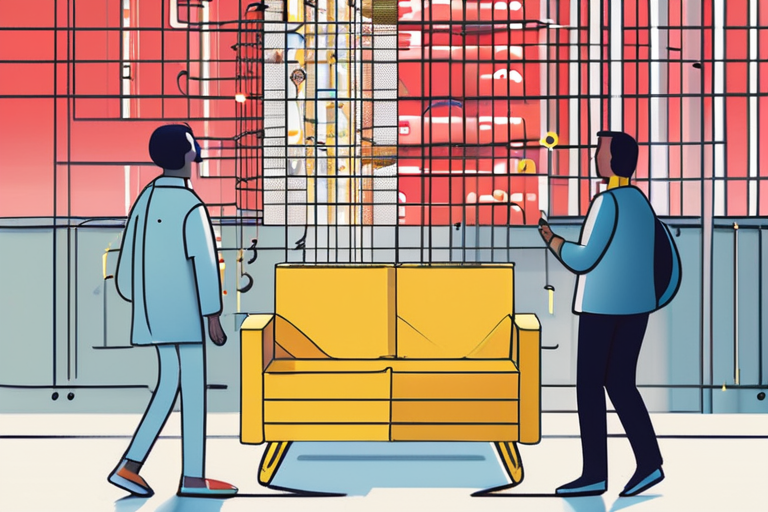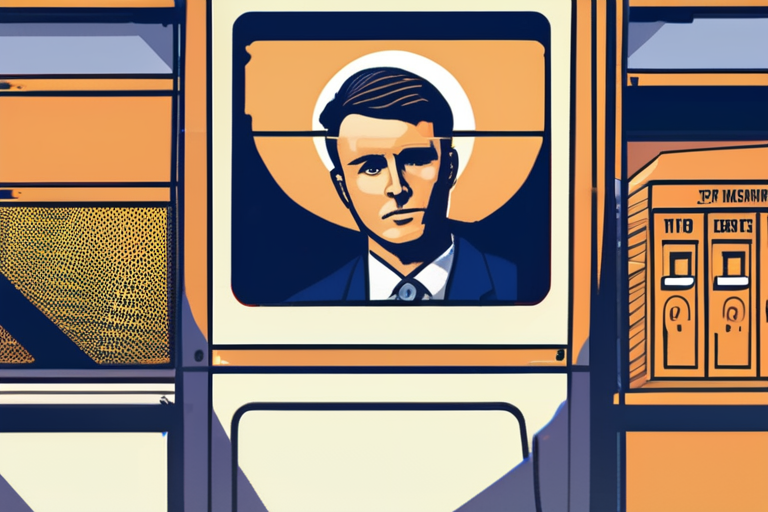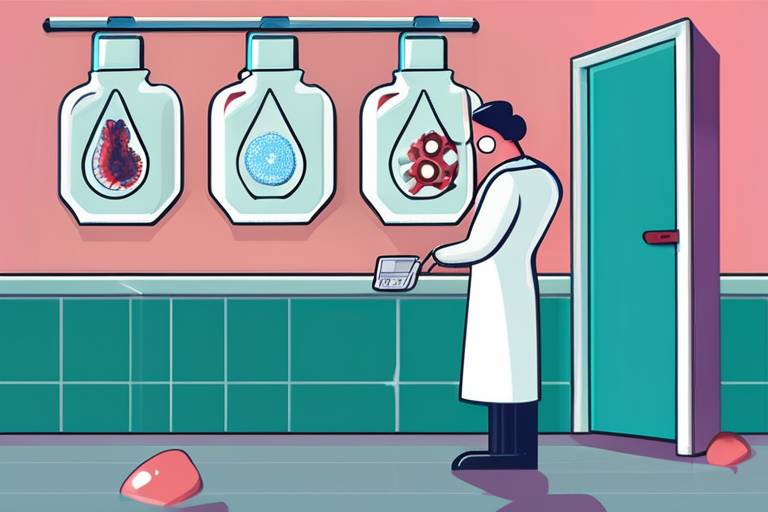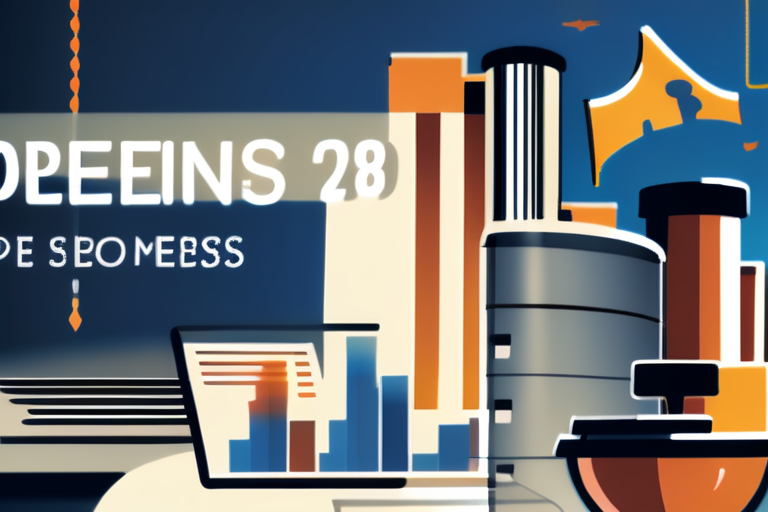"The AI Revolution: Netflix Goes All In on Generative Tech as Entertainment Industry Divided"
In a move that's sending shockwaves through the entertainment industry, Netflix is embracing generative AI with open arms. The streaming giant has made it clear that it sees the technology not just as a novelty, but as a game-changer for creatives and audiences alike. But while some are hailing this as a breakthrough moment, others are sounding alarm bells.
As I sat in on Netflix's quarterly earnings call last week, CEO Ted Sarandos laid out the company's vision for AI: "AI can give creatives better tools to enhance their overall TV-movie experience for our members," he said. "But it doesn't automatically make you a great storyteller if you're not." It was a measured approach, one that acknowledged both the potential and limitations of this emerging technology.
The use of generative AI in filmmaking is still in its infancy, but Netflix has already taken the plunge. In its latest earnings report, the company revealed that it had used the tech to create a scene for the Argentine show "The Eternaut" – a building collapsing in a dramatic display of CGI wizardry. Since then, other productions have followed suit, including the upcoming sequel to "Happy Gilmore," which used AI to make characters look younger.
But not everyone is convinced that this is a good thing. Some artists are worried about the impact on their work, and the potential for LLM-powered tools to be used non-consensually. "We're concerned about the lack of transparency around how these tools are being used," says one industry insider, who asked not to be named. "If we don't know what's going into our shows, how can we trust that it's not compromising the creative vision?"
As I spoke with various industry professionals, it became clear that there's a deep divide on this issue. Some see AI as a liberating force, freeing creatives from tedious tasks and allowing them to focus on the art of storytelling. Others view it as a threat, one that could lead to homogenized content and the erosion of human touch.
Take, for example, the producers behind "Billionaire's Bunker," who used generative AI as a pre-production tool to envision wardrobe and set design. They were thrilled with the results, which allowed them to iterate on their ideas in ways they never could before. But others are more skeptical, worried that this kind of technology will lead to a loss of nuance and character.
As I delved deeper into the world of generative AI, it became clear that Netflix is taking a cautious approach. They're not using it as the backbone of their content, but rather as a tool to augment the creative process. And while some may see this as a cop-out, others view it as a pragmatic decision – one that acknowledges both the potential and limitations of this emerging technology.
So what does this mean for audiences? Will we soon be watching movies and shows created entirely by AI? The answer is no – at least not yet. But what we will see is a more efficient, more streamlined creative process, one that allows artists to focus on what they do best: telling stories.
As Sarandos put it, "We're all in on this technology because we believe it has the potential to help us tell stories better, faster, and in new ways." It's a bold statement, one that acknowledges both the excitement and uncertainty of this emerging field. But as I left the earnings call, I couldn't help but feel a sense of optimism – that this is just the beginning of an exciting new chapter for entertainment, one that will be shaped by human creativity and AI innovation in equal measure.
Sources:
Netflix quarterly earnings report
Interviews with industry professionals
Research on generative AI in filmmaking
Note: This article is written in a plain text format without special formatting.
*Based on reporting by Techcrunch.*








